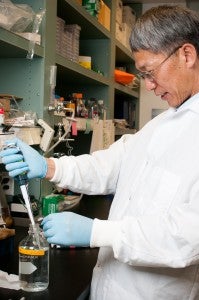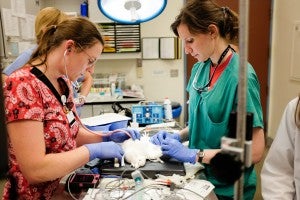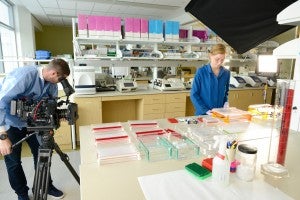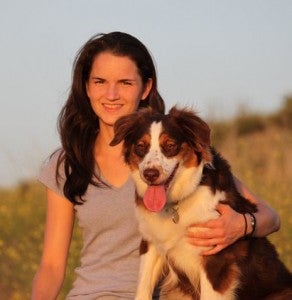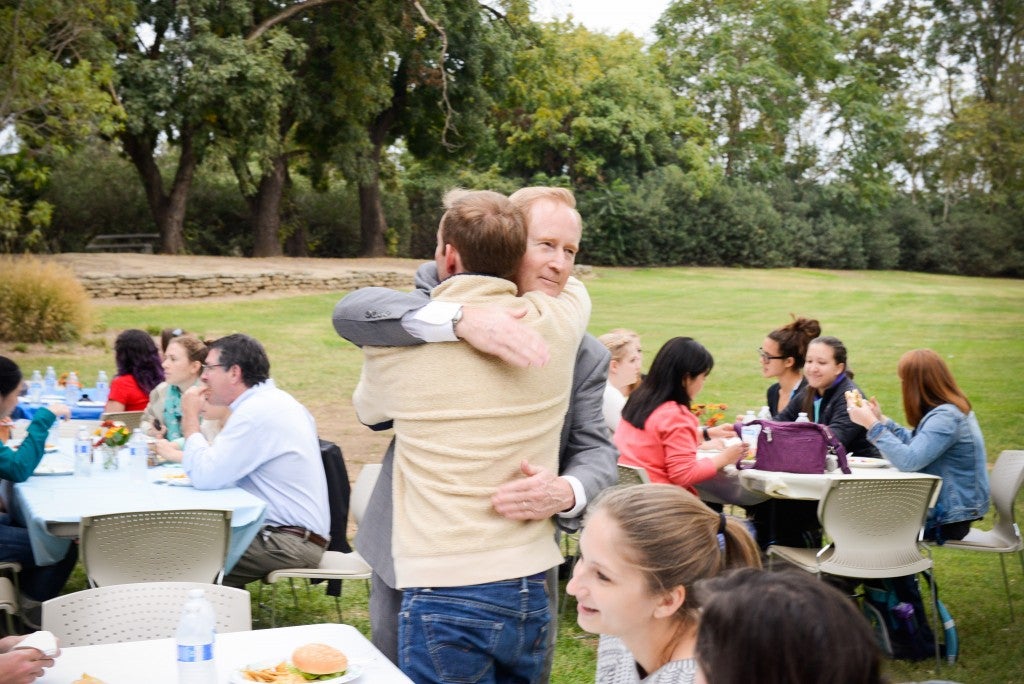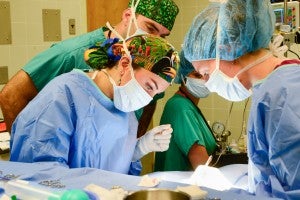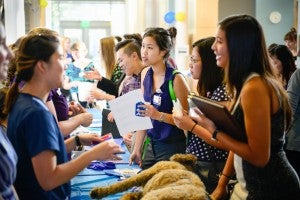“Learning and innovation go hand in hand. The arrogance of success is to think that what you did yesterday will be sufficient for tomorrow.” – William Pollard
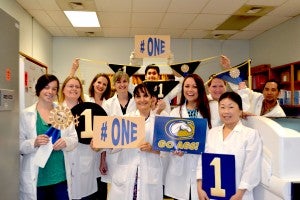 With the announcement today that our school has been ranked for the second straight year as #1 in veterinary science in the latest QS World University Rankings, we celebrate our success and envision the future.
With the announcement today that our school has been ranked for the second straight year as #1 in veterinary science in the latest QS World University Rankings, we celebrate our success and envision the future.
This latest ranking is a tribute to our people and programs and is a well-deserved recognition of their dedication to provide innovative and compassionate clinical care, make ground-breaking discoveries, and educate the next generation of leaders in veterinary medicine. This achievement would not be possible without the commitment of our supportive university collaborators and administrators, alumni, community volunteers, and philanthropic partners who have invested their time and resources into making us the best-in-class among veterinary institutions.
Founded upon a principal that we will discover new knowledge to advance the health of animals, people, and the environment, this past year we continued to lead the nation in total research funding among veterinary colleges and schools. Our clinical programs treated more than 50,000 animal patients last year, while raising the standards of care for animals through an ever-expanding clinical trials program.

